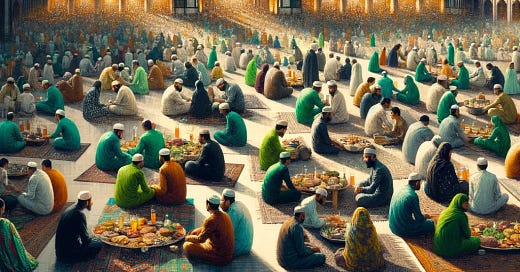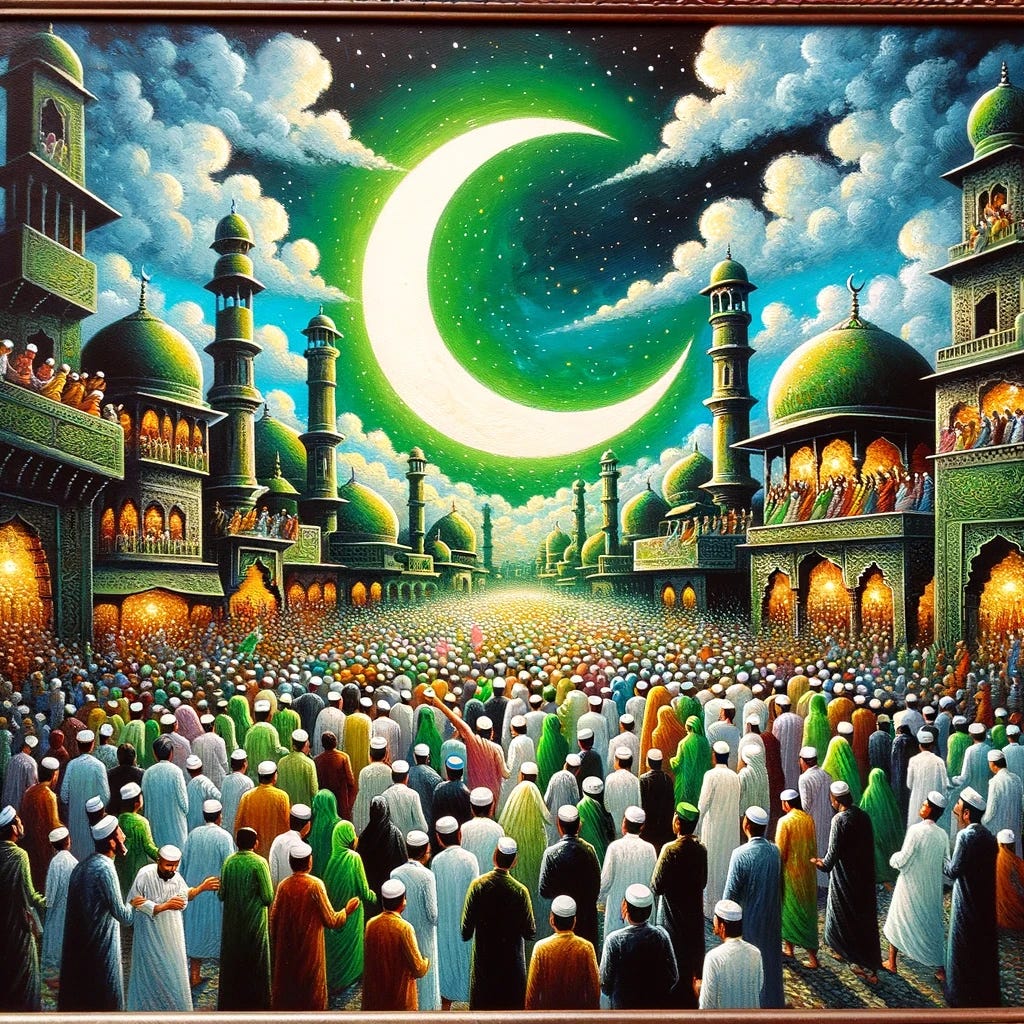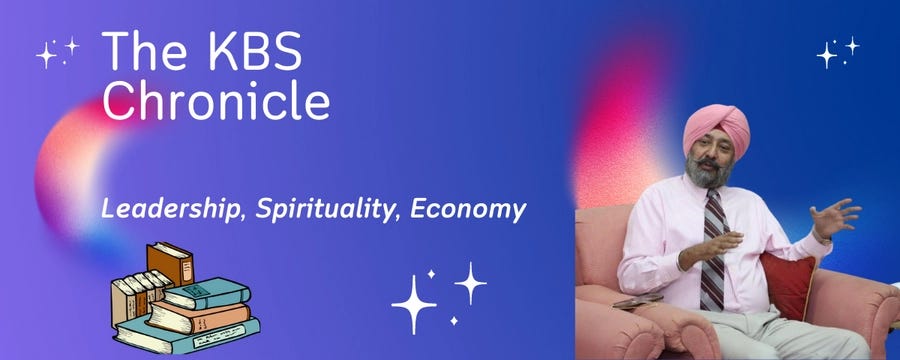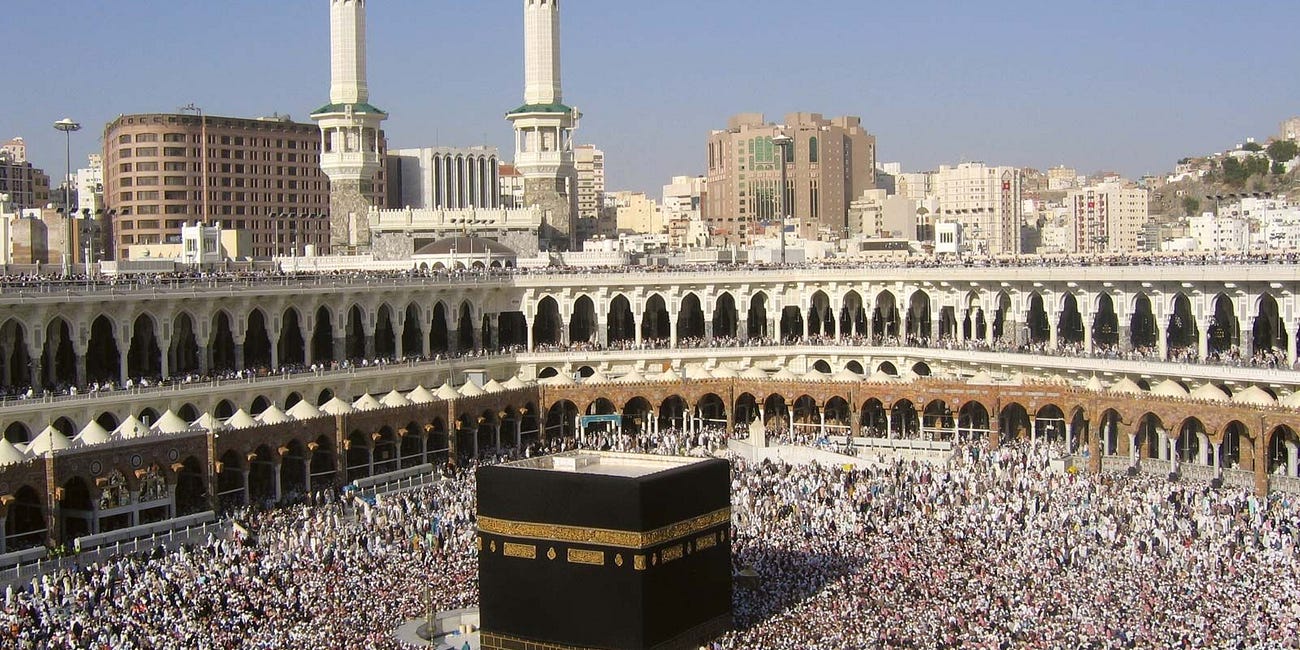Embracing the Spirit of Ramadan: Unity, Reflection, and Celebration in India
The holy month of fasting and feasting- of reflection, prayer and self-discipline for Muslims across the globe.
Introduction: The Dawn of Ramadan in India
By the time this article glides into your inbox, the first Roza of Ramadan will already have commenced in India, marking the onset of a deeply spiritual journey for millions of Muslims across the nation and globally, depending on their local times. With India's diverse population nearing 1.4 billion, Muslims constitute approximately 14%—amounting to about 20 crore individuals—making India home to one of the largest Muslim populations in the world, second only to Indonesia (23.5 crore) and slightly ahead of Pakistan (24 crore). This vibrant tapestry of cultures and religions often sees various festivals coinciding, fostering moments of shared joy and communal harmony.
Shared Festivities and Cultural Harmony
One such memory etched in the tapestry of our diverse culture dates back to my visit to Srinagar in April 2021, when Baisakhi, Ram Navami, and Eid-ul-Fitr coincided on the 13th of the month. It was a testament to our shared heritage, as non-Muslims looked forward to 'Mithi Seviyan' from their Muslim friends at the end of Ramadan, and eagerly anticipated succulent kebabs on the occasion of Bakr-Id or Eid-ul-Adha.
Bridging the Gap: Understanding Eid-ul-Fitr's Significance
Despite the appreciation for the festivities surrounding Eid-ul-Fitr, which marks the culmination of Ramadan, the holy month of fasting, many non-Muslims find themselves unfamiliar with its deeper spiritual, religious, and historical significances from a Muslim perspective. This article is but a humble attempt to bridge that gap in understanding, exploring the essence of Ramadan, its origins, and the practices of Sehri and Iftar, culminating in a message of universal peace and harmony.
The Spiritual Significance of Ramadan
Ramadan is the ninth month of the Islamic lunar calendar, considered the holiest month for Muslims worldwide. It commemorates the first revelation of the Holy Quran to Prophet Muhammad (Peace Be Upon Him), making it a time for profound reflection, prayer, and self-discipline. Fasting from dawn until sunset is one of the Five Pillars of Islam, intended to foster empathy for the less fortunate, self-restraint, and spiritual growth.
Historical Origins
The practice of fasting during Ramadan was established as a fundamental tenet of Islam in the second year of the Hijra, the migration of Prophet Muhammad (Peace Be Upon Him) and his followers from Mecca to Medina. This month not only marks an important spiritual period but also serves as a reminder of the unity and resilience of the Muslim community.
Sehri and Iftar: The Rituals of Fasting and Feasting
The pre-dawn meal before the fast begins, known as Sehri, is a time for quiet contemplation and preparation for the day ahead. Iftar, the evening meal for breaking the fast, often transforms into a wider community celebration, uniting family, friends, and sometimes even strangers in a moment of shared humanity and generosity. In India, particularly in the lead-up to the Lok Sabha elections, we are likely to witness the bonhomie cutting across various communities and political parties, illustrated by the lavish meals served at Iftar parties. Traditionally, the fast is broken with the consumption of dates and water, in adherence to the Sunnah (practice) of Prophet Muhammad (Peace Be Upon Him), laying the foundation for an evening of fellowship and reflection.
The Lunar Calendar and the Shifting of Ramadan
The Islamic calendar being lunar means that each month begins with the sighting of the new moon, leading to Ramadan commencing approximately ten to twelve days earlier each year, in relation to the Gregorian calendar. This shift allows Muslims to experience fasting in different seasons and temperatures, reminding them of the universal nature of human experience and the omnipresence of divine wisdom.
Summing Up: A Message of Universal Peace and Harmony
The essence of Ramadan reaches beyond the act of fasting, encompassing communal solidarity, empathy, and spiritual renewal. It presents an opportunity for all of us, irrespective of our faith, to meditate on the virtues of patience, compassion, and generosity. In a world beset by conflict and division, the values celebrated during Ramadan shine as a beacon of hope, guiding us towards a journey of peace and mutual respect. As we stand on the verge of Ramadan's beginning, leading up to the joyous celebrations of Eid-ul-Fitr a month later, let us adopt the spirit of inclusivity and harmony. By acknowledging the richness in our diversity and the power of our collective unity, we pave the way for a more empathetic and united world1.
Eid-ul-Milad Greetings: Life and Times of Prophet Muhammad(PBUH)
Understanding Prophet Muhammad(PBUH): An Insightful Journey on Eid-ul-Milad Introduction As India, and indeed the world, observes Eid-ul-Milad, the birth anniversary of Prophet Muhammad (Peace Be Upon Him-PBUH), it’s a wonderful opportunity for everyone, especially the non-Muslims, to gain insight into a a revered personage who has shaped history and cont…







